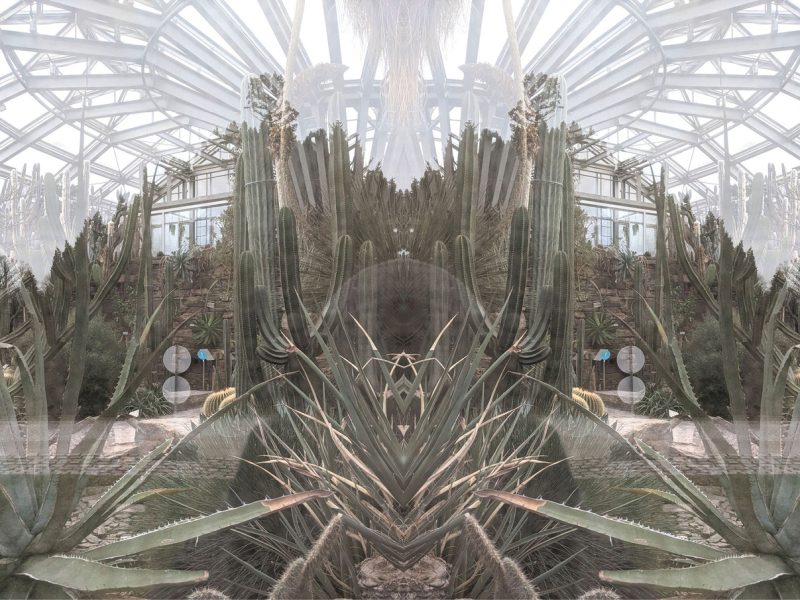Nature, Space and Biopolitics
Understanding the changing conversation regime in planetary urbanism
Teaching
lt has almost become trite to rehearse, as many introductions do, the extreme crisis that human and environrnent relations face today. Especially in discourses on the Anthropocene and nature conservation, it is common knowledge that exploitation of natural resources has led to a destabilising climate. Or, that the mass extinction of nonhuman species can be traced to planetary processes of urbanisation. Arguably, we have become saturated in these abstractions to the poi nt that repeating them runs the risk of desensitizing us to the challenges ahead. So, in this research seminar lefs together ask another question, one that takes seriously the politics, practices, technologies, and power involved in governing this human-environment crisis and ask: in what ways are the interactions between humans and nonhumans regulated in urban spaces, and, how does such a conservation regime, as we refer to it, affect the ways in which (more-than-human) spaces are constituted, planned, desig ned, and evolve in urban processes?
Using multiscaler mapping you will consider how Berlin based actors, power asymmetries, technologies, spaces, and conservation practices that entangled with international networks, NGO agencies and goals that together constitute, what we see as a changing conservation regime, a regime that aims to regulate natureculture interactions with its roots in empire, colonialism and capitalism.
Supervision: Jamie Scott Baxter
When/Where: Tuesday 9-12AM | BH-N 230
6 ECTS
For: MA Urban Design, BA Architecture (5th & 6th semester)
ISIS course: https://isis.tu-berlin.de/enrol/index.php?id=34430
Bild: Botanical Garden Berlin
